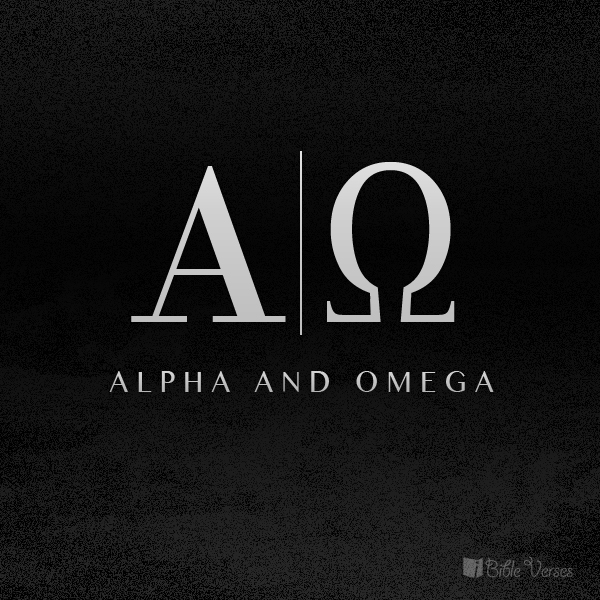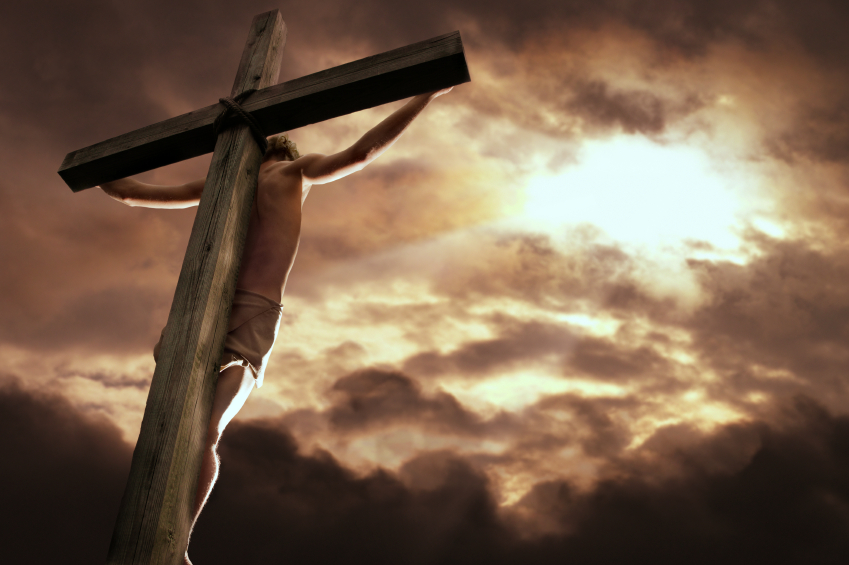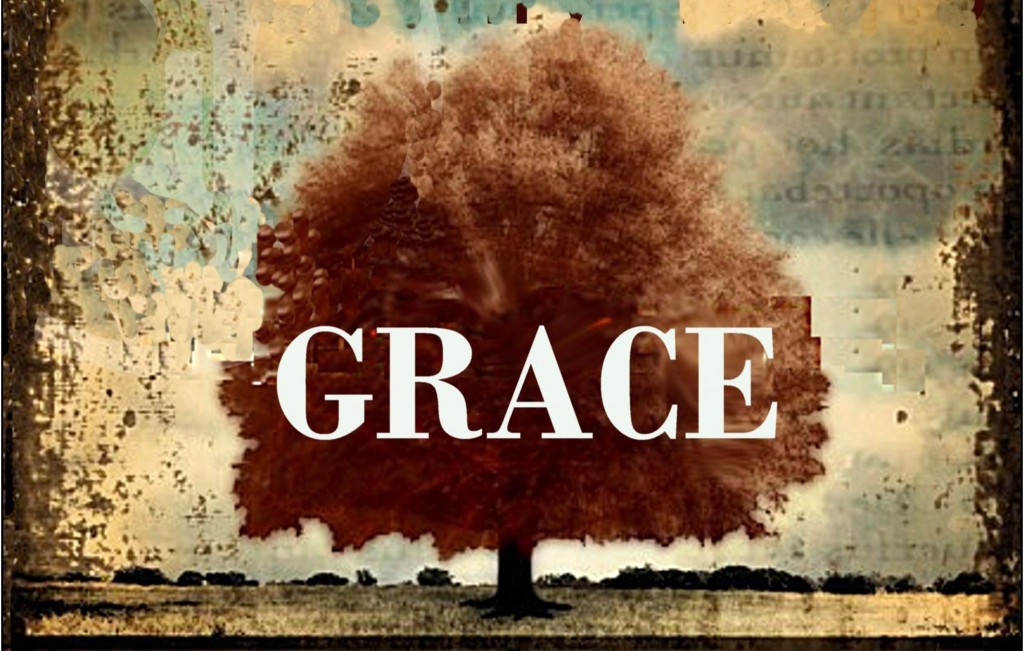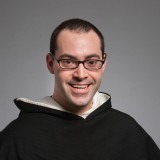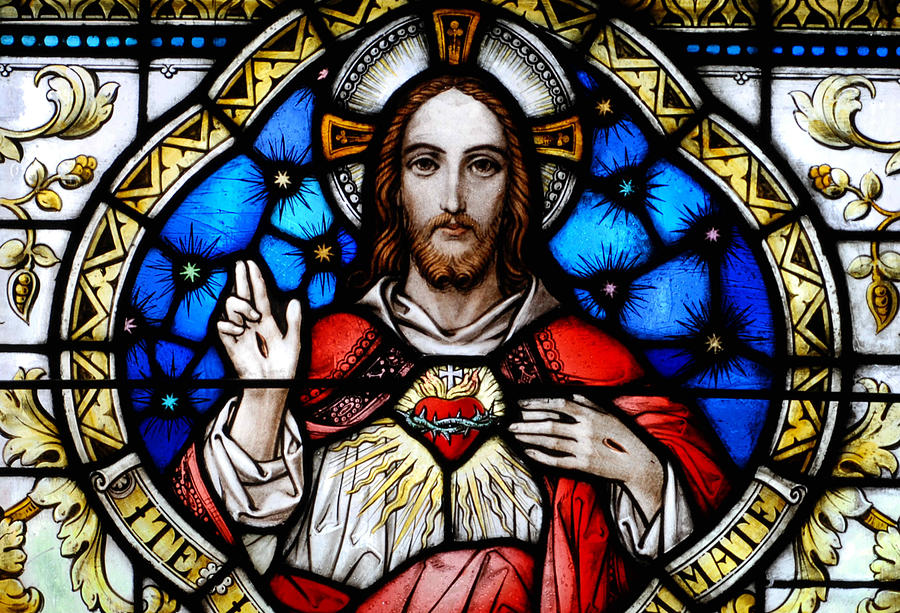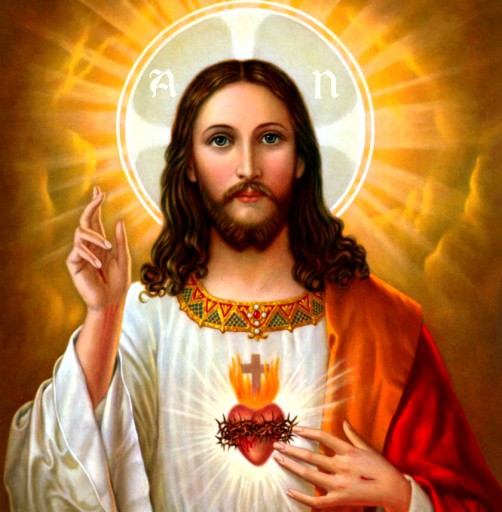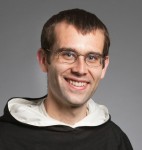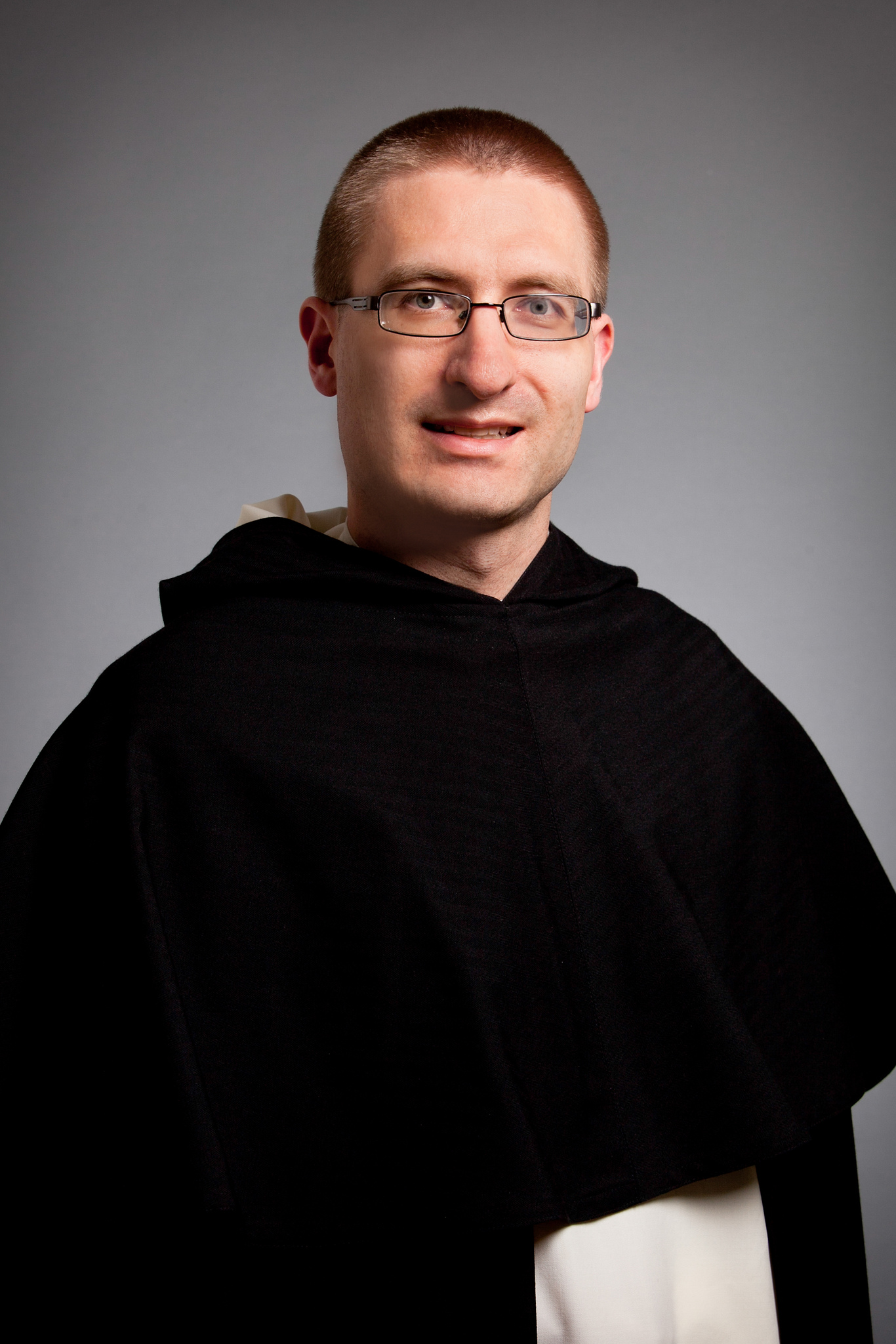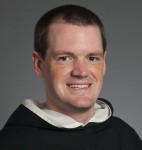
“What do you think? There was a man who had two sons. He went to the first and said, ‘Son, go and work today in the vineyard.”I will not,’ he answered, but later he changed his mind and went. Then the father went to the other son and said the same thing. He answered, ‘I will, sir,’ but he did not go. Which of the two did what his father wanted?” “The first,” they answered. Jesus said to them, “Truly I tell you, tax collectors and prostitutes are entering the Kingdom of God ahead of you.” -Mt 21:28-31
-by Philip C. L. Gray, JCL
http://www.catholiccanonlaw.com/Blind%20Obedience.pdf
“Many people believe that true obedience is blind. That is, they believe if a person in authority makes a decision or gives a command, that decision or command should be followed without question simply because a person in authority gave it. Within the Catholic Church, many laity believe that whatever a priest or bishop says should be followed without question.
While there are limited circumstances and situations in which a person would be obligated to follow by trusting only in the source of the directive, authentic obedience is never blind. As a virtue related to justice, the exercise of obedience requires the use of prudence and knowledge of rights and obligations. Without such knowledge, a person risks acting in a manner inconsistent with virtue.
Human Act
The exercise of virtue is a human act. According to principles of Moral Theology, for an act to be considered “human” three elements must exist.
- The person must have adequate knowledge of the situation, the options available, and the consequences of each option of acting.
- Second, the person must be free to choose.
- Finally, the person must intend to perform the act with its consequences; that is, he must actually exercise his knowledge and freedom within his choice of action.
While other outcomes often inevitably arise, the morality of the act and merit gained hinges on the intention, even if circumstances hinder the intended outcome from happening.
As a human act, all virtues require adequate knowledge, freedom, and intention. If one or more of these elements are missing, good effects may come about because of a particular action but virtue was not expressed.
Virtue
A virtue is an habitual and firm disposition to do the good and avoid evil (Catechism, 1803). As a habit, a person must consistently practice a particular manner of acting before it becomes a virtue. However, virtues are more than just habits. Habits are related primarily to functions of the body, and frequently arise quickly due to feelings of pleasure or avoidance of pain. In contrast, virtues are habitual dispositions.
As a disposition, they primarily arise through the use of those qualities associated with our spiritual nature, namely free will, knowledge and intention. By right use of these qualities we develop virtues in our lives. As a disposition to do the good and avoid evil, a virtue runs contrary to our sinful nature.
To exercise virtue, we must have adequate knowledge of God’s law and the situation at hand, the freedom to choose a path, and the right intention to follow God’s law in our decision. With consistent use of our intellect and free will to choose the right course of acting, we become inclined to act a certain way that is good. We identify this inclination to act in accordance with the good is known as “virtue”. Through the practice of virtue, we overcome sin in our lives and tend toward God.
Following classical moral theology, John Paul II describes virtue as in terms of integration of the whole person. We all have certain urges and inclinations associated with our bodies and our passions. If we recklessly follow these urges, we may or may not do good things. But we can be certain not to develop virtue. Rather, we would live like higher forms of animal life that allow their urges to dictate their actions. If we integrate the urge with proper knowledge of God’s law, and make a choice in conformity with His law, then we use our whole being to act and develop an inclination of placing God above ourselves (Cf.: John Paul II, Love and Responsibility).
Obedience is a Virtue
As a virtue, obedience belongs to the Cardinal Virtue of Justice. “Justice is the moral virtue that consists in the constant and firm will to give their due to God and neighbor….The just man, often mentioned in the Sacred Scriptures, is distinguished by habitual right thinking and the uprightness of his conduct toward his neighbor” (Catechism, 1807). As understood by the Church, the exercise of Justice presupposes adequate knowledge of the rights of others. That’s what it means to give a person their due, we respect their rights. We cannot respect them if we do not know them. If we give them more or less than their due, we no longer act in justice.
The Church recognizes that those in authority have certain rights that their subjects must respect. The highest authority is God, and His Divine Law must be followed without question. All other rights, obligations, and laws remain subject to His Law. When faced with a conflict between obeying a higher and a lower law, we must obey the higher lest we sin. When we respect the rights of those in authority, we exercise obedience. Thus, obedience is the virtue associated with justice through which we give those in authority their rightful due, but their rightful due is never in violation of Divine Law.
Obedience and the Integration of the Person
To exercise the virtue of obedience, a person must properly integrate the three elements of a human act with a particular directive from one in authority. How does this work?
No human person has unlimited authority. Rather, all authority comes from God and must be exercised in a way that reflects His Divine Laws (Jn. 19:11). Thus, the first limit of authority is the limit of Divine Law. Whatever God has ordained must be followed, it cannot be changed. Not even a priest, bishop, or the Pope himself can change the directives of God.
Rather, the Magisterium is entrusted with the task of guarding the Deposit of Faith, not changing it (Cf.: 2 Tim. 1:14). This divine limit of authority operates in two ways. First, there exists Divine Laws that determine particular kinds of authority. Second, Divine Law sets the boundary of authority. It does this by establishing certain rights of individuals that cannot be denied by anyone. For example, parents have authority over their children by Divine Law, but parents cannot force an adult child to choose a particular vocation. Rather, the child has by Divine Law the freedom to choose its vocation, and no one can usurp that right.
One of the greatest rights enjoyed by all men that not even God violates is the right to freely choose. This freedom to choose presupposes knowledge of options and intention. Only when this freedom is allowed can true virtue develop. Only when a person freely chooses to act in conformity with a legitimate directive is obedience exercised.
Directives that violate Divine Law must be ignored, and in many circumstances we have an obligation to resist them actively. For this reason, men and women in China have an obligation to protect the lives of their unborn babies from forced abortion and resist the laws that mandate sterilization, contraceptives, and abortion.
The second limit of authority is the limit of Human Law. Human laws include ecclesiastical laws and secular laws. They have the primary goal of expressing God’s laws in concrete circumstances within a particular culture or society. To the extent human laws reflect Divine Law, they protect the Common Good and must be followed. To the extent they violate Divine Law and harm the Common Good, they must be ignored and possibly resisted. As in the case of forced sterilization and abortion in China, the laws mandating this are human laws that violate Divine Law rights and obligations. We must pray for all those in authority, even civil leaders, that their authority would be directed to the common good and the salvation of all (1 Tim. 2:1-4).
Frequently, human laws provide boundaries for the exercise of authority. These boundaries must be consistent with Divine Laws or they are not legitimate. If someone acts outside the legitimate bounds of their authority, they do not have to be obeyed. Remember, outside the boundaries of their legitimate authority, those in authority do not have power over us. Rather, they become our peers.
While a policeman has authority to pull someone over for speeding, he cannot force a person to buy a particular kind of car that won’t allow the person to speed. He can only suggest a kind of car to buy, and his suggestion can be taken by the person as the suggestion of a peer.
Thus, to develop the virtue of obedience, we must develop an adequate knowledge of Divine Laws and those Human Laws that regulate our lives. We have to know the limits of authority. If we do not know the limits of authority, we can be easily manipulated or used by lawful authority. If we freely follow a directive outside the bounds of legitimate authority, we are not acting in obedience (giving the authority its due). Rather, we are making a choice to agree over a course of action.
In a particular situation, we must have adequate knowledge of options and consequences. Lawful authority has an obligation to provide such information. If the authority does not provide it freely, the person has an obligation to seek it. Only with adequate knowledge can a person know what their rightful obligations are in a particular matter.
For an act of obedience to take place, the person must be free to choose the act demanded by authority. If the person is not free, he is being forced, and obedience is not an option. Obedience is always free, and freedom presupposes adequate knowledge.
Finally, a person must intend to obey or he does not obey. By intention, the person freely chooses the required act with adequate knowledge. This intention to fulfill an obligation to authority is critical, or obedience does not occur. It is not necessary for a person to agree with a directive, but only intend to follow it after having sufficient knowledge and freedom to choose. While other intentions may also direct the act at the same time (intention to satisfy an urge), there must be an intention to obey for obedience to be exercised.
Blind Obedience
There are some people who trust lawful authority to direct them without fail. When faced with a directive, they neither seek to know options and consequences nor deliberate their choices. They simply trust that lawful authority will stay within the bounds of its power. This attitude is not true obedience nor is it virtuous.
Because of the freedom we share in Christ, we have an obligation to know the legitimate boundaries of lawful authority in our lives. We have an obligation to know the Divine Laws and what our obligations to God are. Only with knowledge of Divine Laws and the legitimate boundaries of lawful authority can we obey. Without such knowledge, we fall prey to manipulation, coercion, or simply conformity to peers.
Likewise, lawful authority has an obligation to prove their position and to remain within the lawful bounds of their power. If one in authority does not do this, he violates the natural rights of his subjects. To paraphrase a Principle of Law identified by Pope Boniface VIII, one with authority must prove his authority. He cannot simply claim it. Generally speaking, in the Church such proof usually comes from legitimate appointment or election. We are not bound to obey someone who cannot prove his authority.
Only when lawful authority stays within the bounds of its power do we have to obey. However, such obedience is not blind. Rather, the person who obeys recognizes that the directive given is within the bounds of the authority held, knows that it is not contrary to higher obligations, and freely chooses to follow it for the sake of giving authority its due. Moreover, when options are available, the person must be free to choose between options.”
Love,
Matthew

